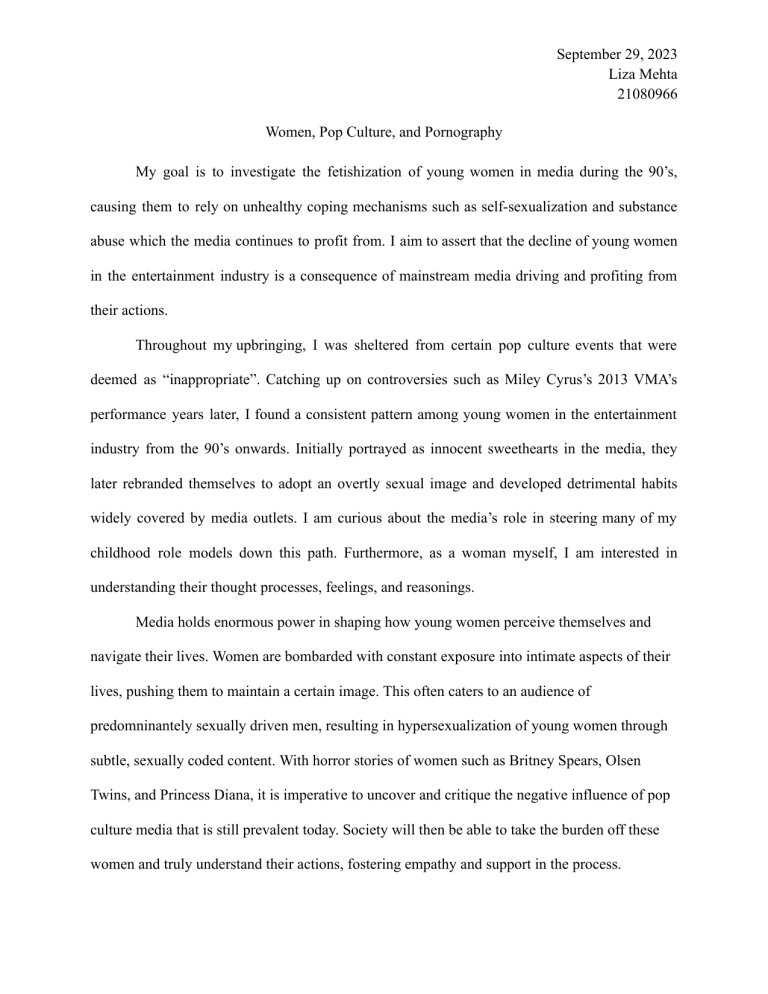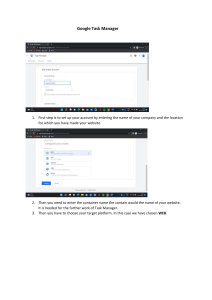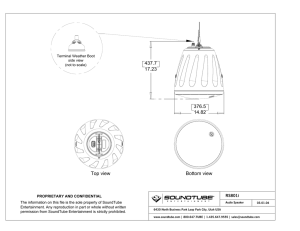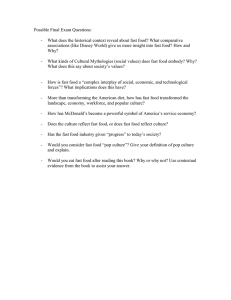
September 29, 2023 Liza Mehta 21080966 Women, Pop Culture, and Pornography My goal is to investigate the fetishization of young women in media during the 90’s, causing them to rely on unhealthy coping mechanisms such as self-sexualization and substance abuse which the media continues to profit from. I aim to assert that the decline of young women in the entertainment industry is a consequence of mainstream media driving and profiting from their actions. Throughout my upbringing, I was sheltered from certain pop culture events that were deemed as “inappropriate”. Catching up on controversies such as Miley Cyrus’s 2013 VMA’s performance years later, I found a consistent pattern among young women in the entertainment industry from the 90’s onwards. Initially portrayed as innocent sweethearts in the media, they later rebranded themselves to adopt an overtly sexual image and developed detrimental habits widely covered by media outlets. I am curious about the media’s role in steering many of my childhood role models down this path. Furthermore, as a woman myself, I am interested in understanding their thought processes, feelings, and reasonings. Media holds enormous power in shaping how young women perceive themselves and navigate their lives. Women are bombarded with constant exposure into intimate aspects of their lives, pushing them to maintain a certain image. This often caters to an audience of predomninantely sexually driven men, resulting in hypersexualization of young women through subtle, sexually coded content. With horror stories of women such as Britney Spears, Olsen Twins, and Princess Diana, it is imperative to uncover and critique the negative influence of pop culture media that is still prevalent today. Society will then be able to take the burden off these women and truly understand their actions, fostering empathy and support in the process. For this research, I will rely on primary sources including inappropriate interviews with talk show hosts, interview questions and responses, music videos, and documentaries that provide insights into a specific actress or musician's experience within the entertainment industry. Furthermore, secondary sources in the form of academic papers (scanned through JSTOR) showcasing how young women are sexualized within the industry and how the media benefits from perpetuating this phenomenon will be used to support the primary source information. Additionally, to depict firsthand portrayals of women in the 90s, accounts from magazines, news outlets, and media critiques will be utilized.






